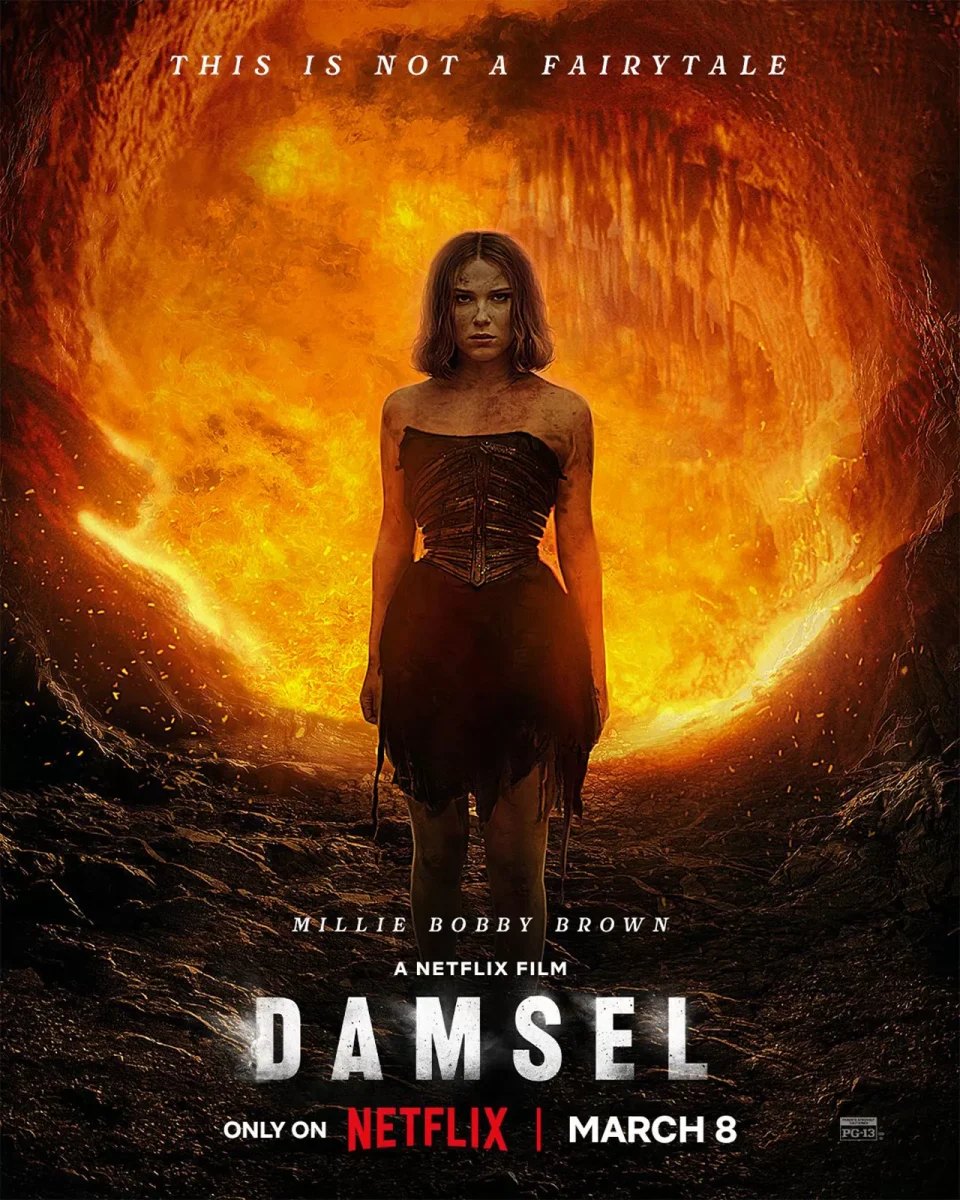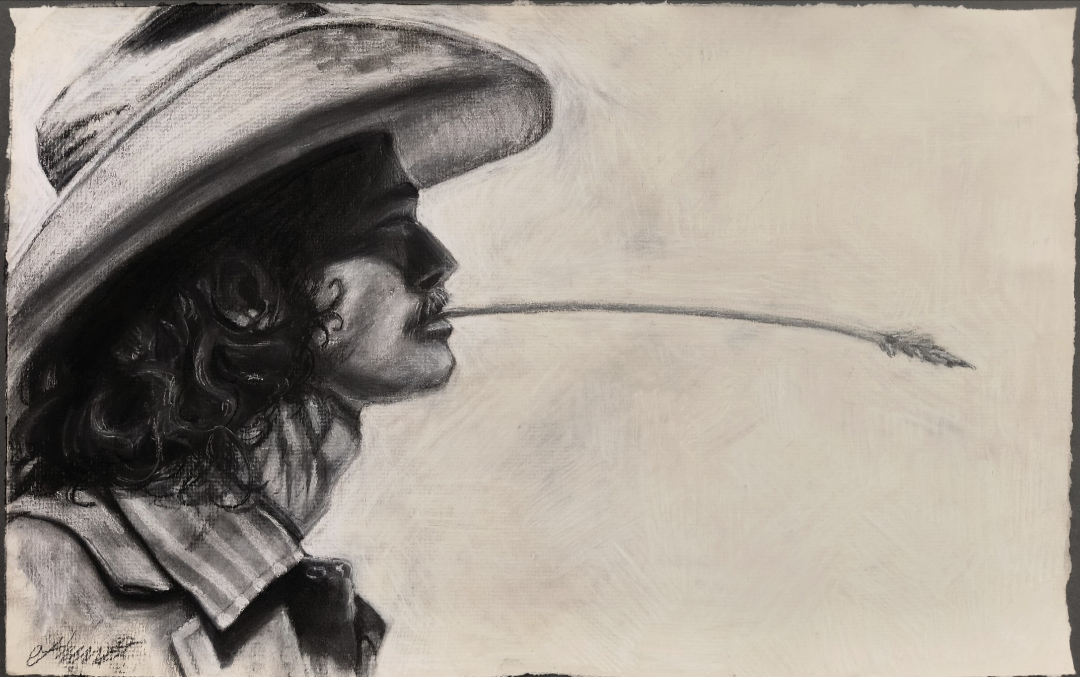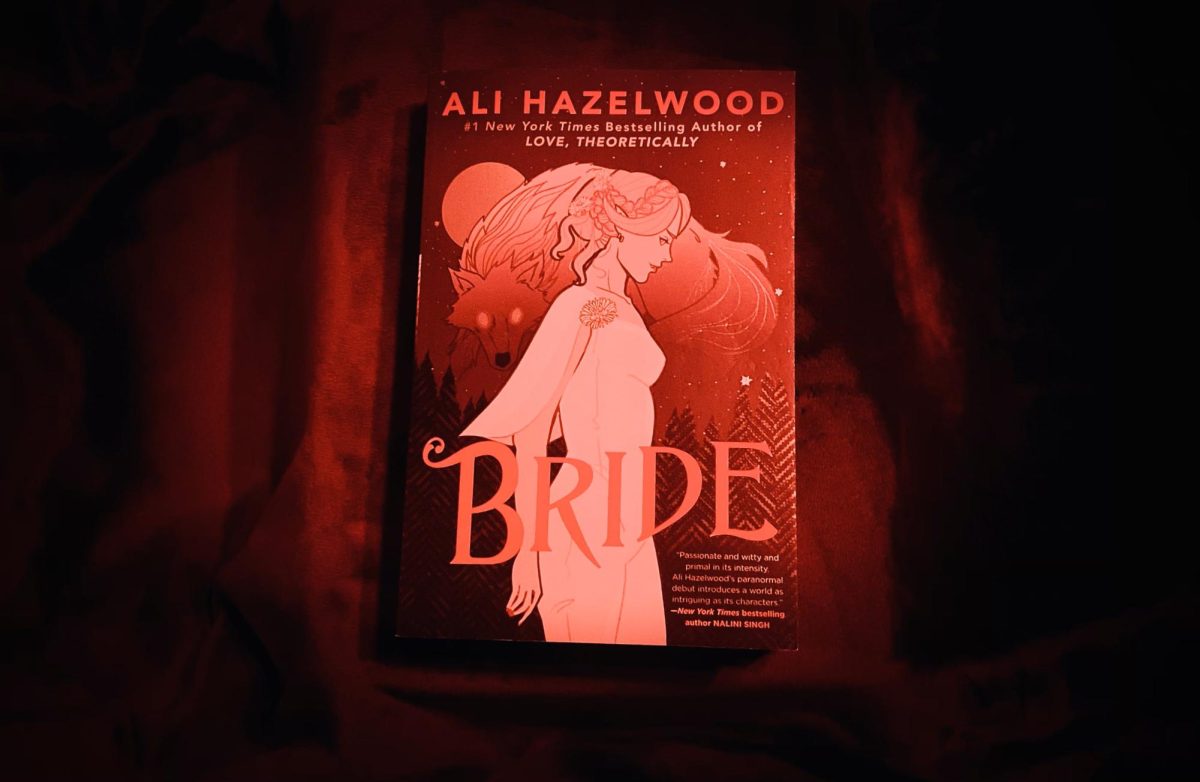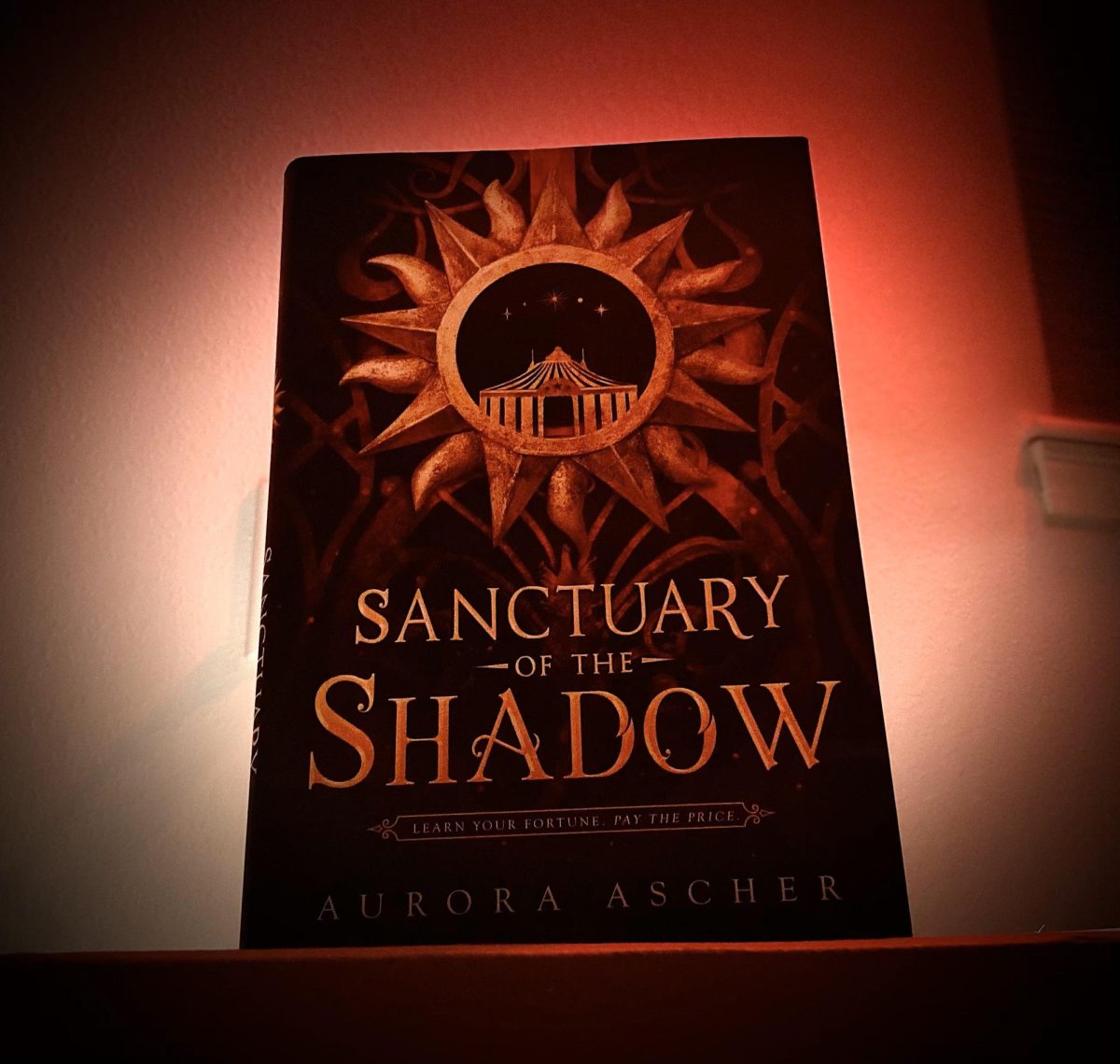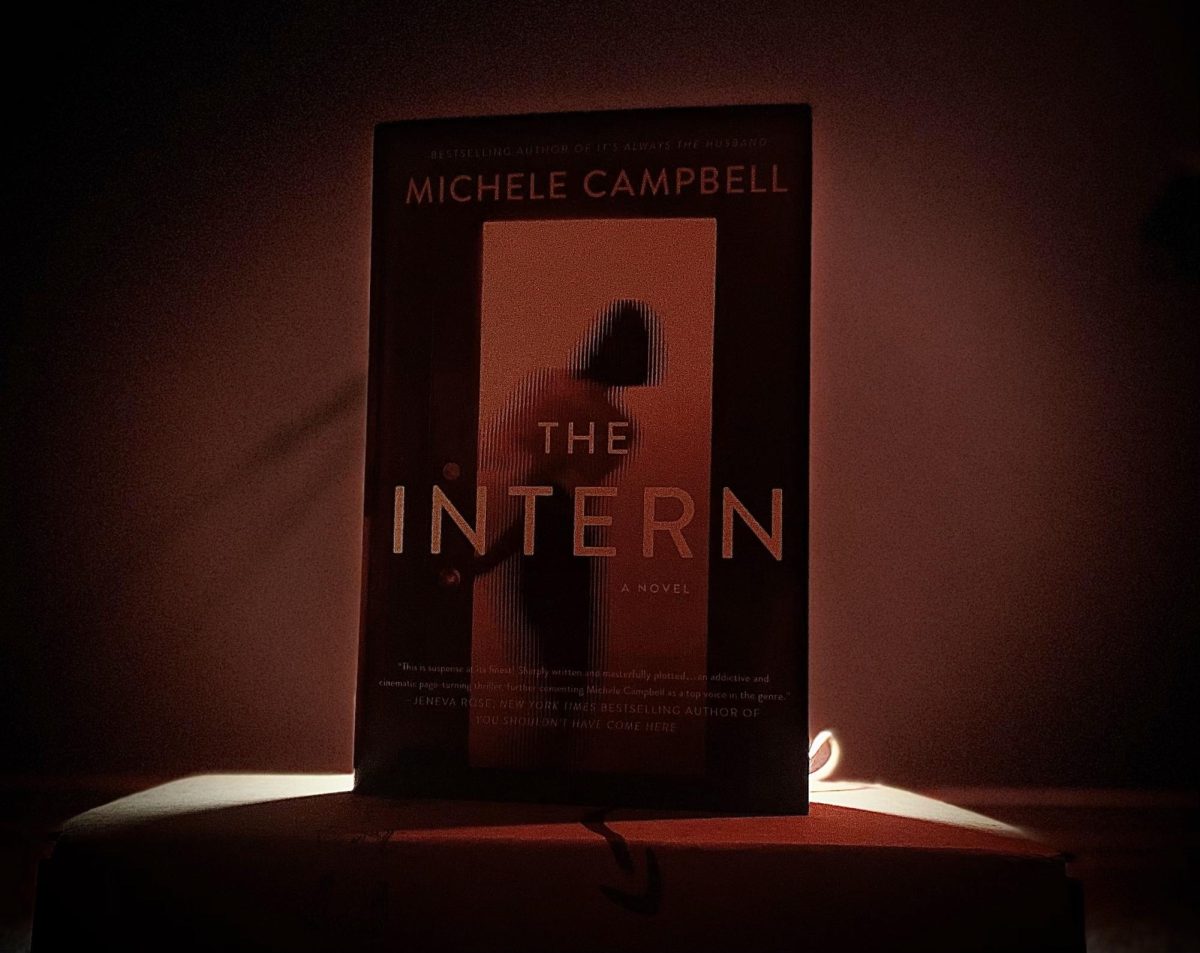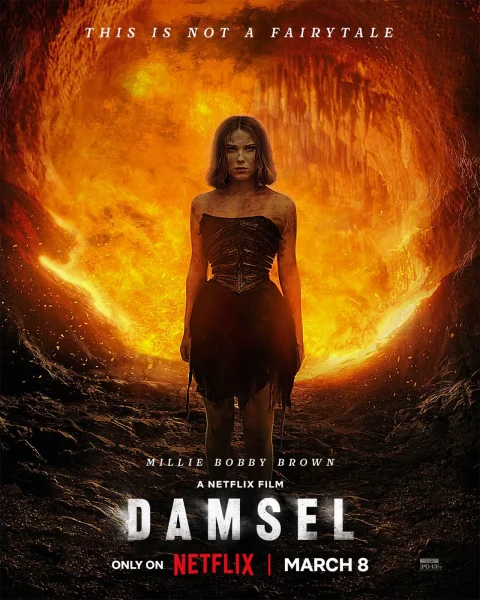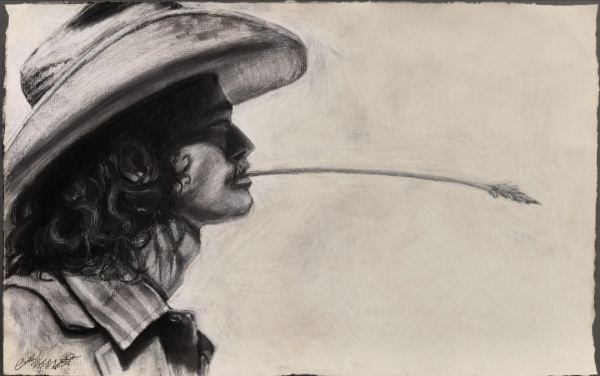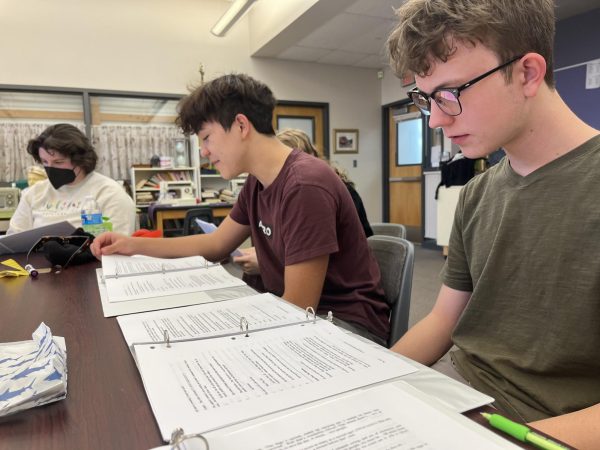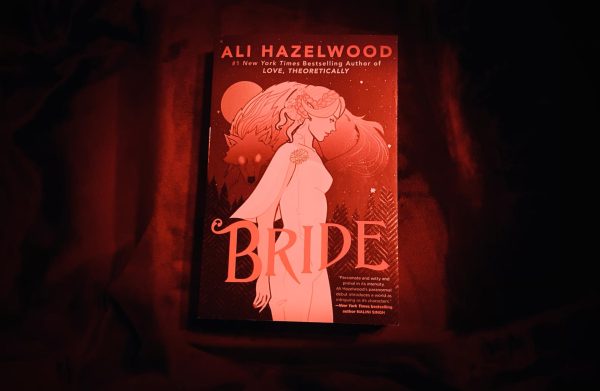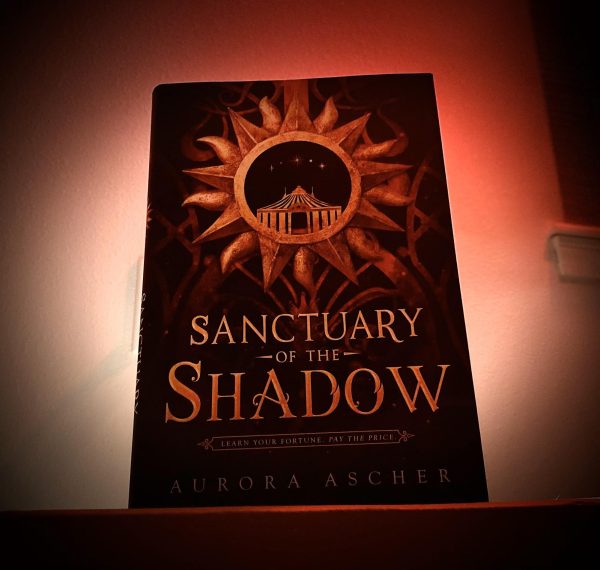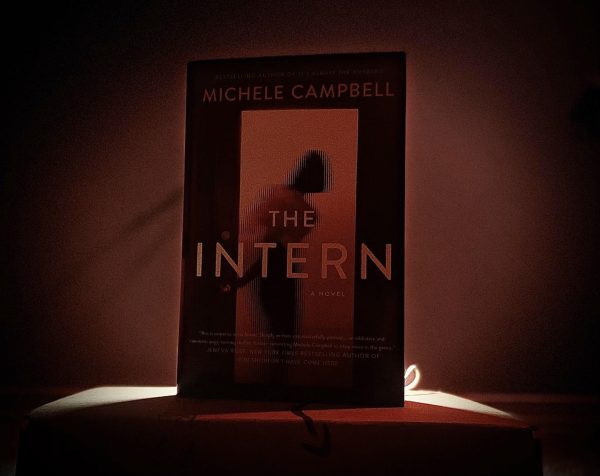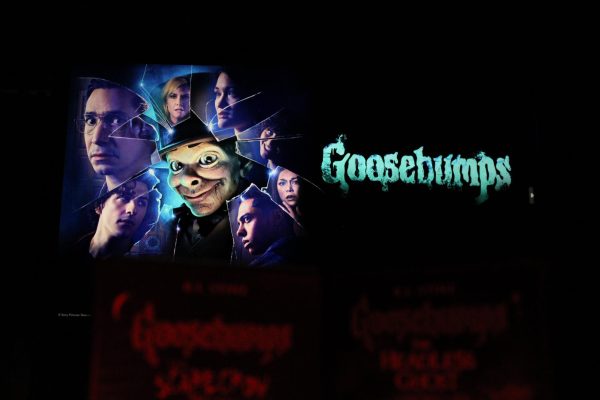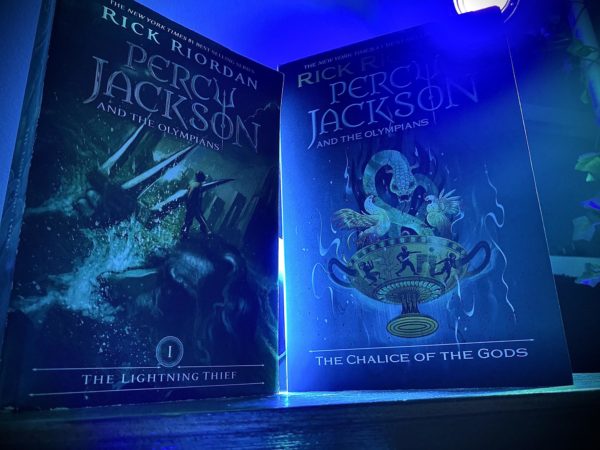Stephen King’s new novel raises the bar again
February 4, 2015
“In one way, at least, our lives really are like movies.”
The opening line of Stephen King’s newest novel released this November, Revival, hardly captivates the terror and stun that lay within the 400 pages that complete a story that should never end.
Whenever you hear the name Stephen King spoken aloud, images of demented clowns, haunted Coloradan hotels, and undead cats immediately fill your mind. He is not only one of the most renowned thriller-suspense writers of the century, but he is also the recipient of countless awards for his fifty-four novels.
Revival follows two major characters, Jamie Morton and Charles Jacobs. It is told through the first person perspective of Jamie, during the multiple occasions when he crosses Charles Jacobs’s path as the story goes on. Mr. Jacobs was once a reverend in the state of Maine who later compares religion to a “quick-buck insurance scam,” but is also a Frankenstein–like electricity-crazed maniac who wants to meddle with things that are best left untouched and believes that there is a special “secret” to electricity that can reveal the truth behind death. Along the way, Jamie becomes a bass guitarist and survives on music, bisecting the meaning of faith with the power of the chord and the note. The line, “All that [stuff] starts in E,” hardly encompasses the novel’s musical meaning that helps lighten its heavier themes.
The novel starts at Jamie and Mr. Jacob’s first meeting in upstate Maine when Jamie is a child, moving from there to carnivals and big tent faith-revivals, seedy old hotels, and even to Colorado, finally leading back to Jamie’s hometown. In his storytelling, King manages to cover every meaning of the word revival.
While the novel is fictional, there are multiple allusions made to King’s own life, specifically his past struggles with drug and alcohol abuse. Revival is not only a fictional take on what faith truly means, what may or may not lay beyond death, and King’s thunderous passion for rock-’n’-roll, but it is also a guidebook to those who are looking to lead a good life.
Despite the novel’s vibrant storyline and fast-paced thrills, it can seem to lack a sort of flow near the middle. At times, King allows the novel to move at a speedy pace akin to a Dan Brown novel (whom he references), but at others it seems to come close to repetitiveness, all the while underlaid with tones of ridiculousness that are only managed through the sincerity of the text. The consistency of Jamie and Jacobs’ revivals lacks near the end of the novel when it begins to dip into the aforementioned repetition. But this is saved at the right moment, during the last hundred-some pages, as King introduces the true terror that takes the entire novel to build up to. By the time the reader is done, he or she will feel shaken with the utter blatancy of a novel written in a style closer to Richard Matheson than one of King’s own, with a verbose undertone of H. P. Lovecraft or Arthur Machen, that compensates for its occasional humdrum.
In part influenced by Lovecraft and Mary Shelley, this novel is an excellent read covering the bases of horror, science fiction, and dark fantasy, with a chilling twist that leaves the reader wanting more. Recommended for any of those who like a good scare and some humor along the way, Revival twists and turns like any old rickety wooden roller coaster – screams and all.
You can read an excerpt here.


















